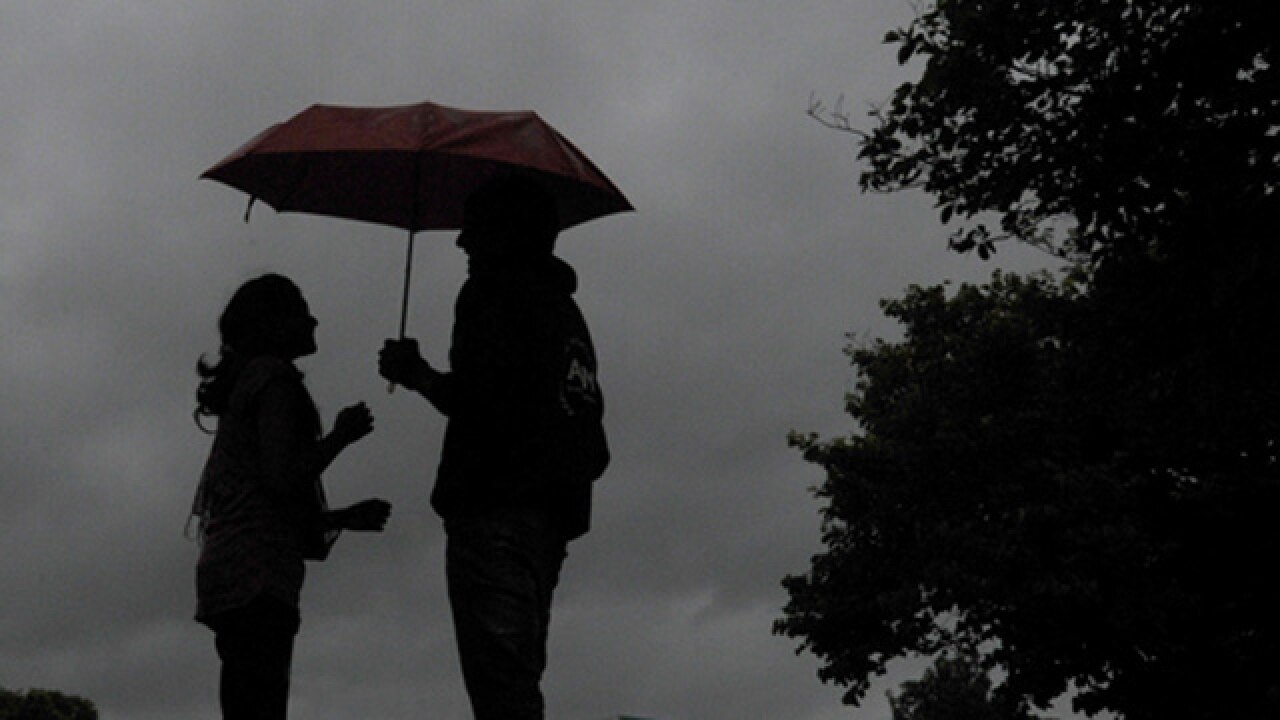
Mental Health Awareness Week 2016 is being observed from May 16-22. The focal point this year is relationships which form the bedrock of recovery. Let me illustrate this with short stories which are based on real people (names changed to protect their identities).
At an event for World Bipolar Day 2016, a family flew in from Kolkata. The father, Deep Das works abroad and was in touch with me via the comments section of our community website. His 21-year-old daughter Anamika was bipolar and felt unsettled. Das had read my book and hoped that meeting me might bring solace to her. What amazed me was how the whole family rallied around her! Das flew in from abroad to be in Mumbai for the meeting as Anamika, her mother and her younger sister joined us from Kolkata. Theirs is a caring family and what was most reassuring was that they were giving their daughter the space she required to understand her problem and come to terms with it. Her mother said to me at a subsequent one on one meeting that they had even eased the pressure of academic performance on Anamika who was studying engineering. All they wanted was her to be back to her old, happy self. They have begun alternative therapy in forms of music (which Anamika loves). I found Anamika to be a very quiet, reserved kind of person and wondered what she would have done without the love of her family.
Now, imagine if this story were to be turned on its head? Das is furious about Anamika's 'laziness, lack of drive and pathetic performance at college'. Das complains to her that any amount of money spent on her is a waste as she does not value the family's contribution. Her mother keeps taunting her and compares her with her sister, Rhea, who despite being much younger is a high achiever in sports as well as studies. The disorder is considered a 'monster of her own making' and she is told that medicines won't work unless Anamika puts in effort of her own. In such a bleak scenario, Anamika would have to be incredibly resilient to last the course. There are many, many Anamikas in India who would fit into one of these stories.
Here's how relationships can be vital to the recovery process in mental illnesses:
There's no power quite like the power of love, is there? The worst possible feeling is one of being unloved and unwanted. Indifference increases suffering of those who need warmth. Gentleness, care and genuine concern have no replacement.
'You are not alone' is a powerful tonic that the mind can do with at any time but more so when the chips are down. How about people rally around the one who is down and out and say, "All of us are there for you till the very end. No matter what it takes, we shall back you"? There was one such touching moment at the Word Bipolar Day Event involving a young couple. Shalini spoke up for her husband who is a Bipolar II. “I tell him, wake up at 11 am if you must, skip work if you are not up to it. Whatever it takes, I am with you on this journey. We shall see it through!” I can assure you, with such a committed and loving spouse, Shalini's husband will be motivated to recover and repay her faith.
It is said at times that those in relationships with the mentally ill need counseling as much the patient does. Tending to them day in and day out can be unnerving. In cases where patients are uncooperative, the going is tougher. There's the case of Cristina whose bipolar husband is a nightmare come true. Rohan refuses to see a doctor, is addicted to alcohol and drugs and, on top of it, womanises too. If challenged by Cristina, he assaults her. When she brought this up with me, I said that in extreme cases such as this, loyalty has to come with strings attached. She too has a right to a dignified life. Either Rohan begins treatment and mends his ways or he prepares to brave it on his own. She quietly replied, "Many friends have told me this. You know, the day I leave him, he won't survive for a week". Talk about commitment!
Life is a bumpy road for the mentally ill. So, during the downs, family support is crucial to egg on a person (in depression, for instance). On the other hand, during mania, almost all decision-making control must with be with a responsible family member. Also, keeping a hawk-eyed watch on abrupt changes in moods or behavioural patterns prevents things from getting out of hand.
There are a number of research findings telling us how isolation leads to illness of mind and body. The elderly are particularly in need of care and a sense of being wanted. In a world where our priorities are determined by the crazy drive to succeed at any cost, let's not forget those who gave birth to us. At a time when they need us, a mere phone call every day means a lot to them. That's not asking for too much, is it?
The writer is an Author, Storytelling & Personal Branding Coach and Mental Wellness Catalyst.